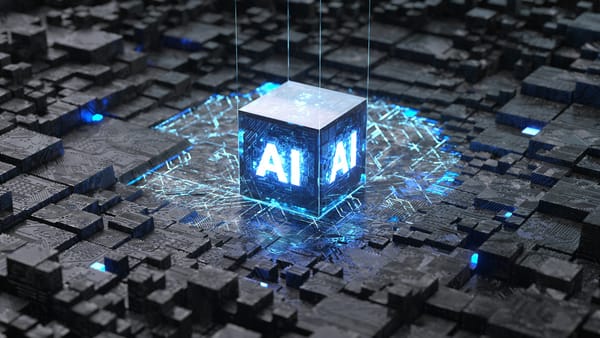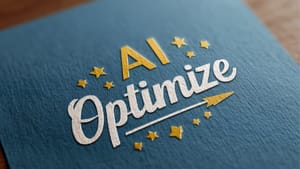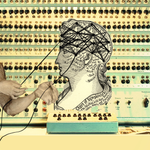When we talk about AI, the focus often falls on performance – speed, scale, efficiency. What often gets lost is the deeper question: how do we ensure technology strengthens our connections, and what does it mean to stay human in the age of AI?
This was the point made powerfully last week by Mustafa Suleyman, CEO of Microsoft AI, in an essay where he argued that we must build AI for people, not to be a person. He makes the case that the real risk we face is not AI suddenly “waking up” with consciousness, but people being convinced that it has.
He points to what he calls "Seemingly Conscious AI" – systems that are not truly conscious, yet appear so convincing that users begin to attribute feelings, rights, or moral standing to them. It’s already happening: people have described chatbots as partners, friends, even divine beings. Suleyman warns that such projections risk distracting us from the real work of designing AI that is genuinely useful and empowering.
For him, his guiding principle – his “north star” – is clear:
“I want to create AI that makes us more human – that deepens our trust and understanding of one another and strengthens our connections to the real world. [...] We won’t always get it right, but this humanist frame provides us with a clear north star to keep working towards.”
That emphasis on careful design is crucial. Suleyman argues that AI must be built with guardrails that remind users of its boundaries – that it doesn’t feel, suffer, or have desires. These reminders break the illusion of personhood, keeping the technology in its rightful place: as a tool for people, not as a replacement for them.
The Wisdom of the Heart
What struck me most in reading Suleyman’s essay is how closely it resonates with something very different, yet deeply aligned: the wisdom of the heart. This is a central concept in Antiqua et Nova, The Vatican’s reflection paper on artificial intelligence, published earlier this year, and the subject of an FIR Interview last month with The Vatican's Monsignor Paul Tighe.
The Vatican’s framing is profoundly humanist, too. It reminds us that:
“We must not lose sight of the wisdom of the heart, which reminds us that each person is a unique being of infinite value and that the future must be shaped with and for people.”
For Tighe, the question is not about AI as a quasi-person, but about AI as a servant of humanity – technology that reinforces dignity and responsibility rather than undermining it.
A Communicator’s Lens
Bringing these perspectives together – from business, from the Church, and from communicators – suggests a clear and urgent reminder. This was one of the significant topics Shel Holtz and I explored in episode 478 of the For Immediate Release podcast, published yesterday, where we reflected on how communicators can help leaders keep empathy, context, and conscience in focus as AI adoption accelerates.
As organisations rush to adopt AI tools to improve efficiency, productivity, and scale, are they also asking the human questions?
- Does this technology help deepen trust and empathy, or does it risk eroding them?
- Are we building systems that reintroduce conscience, care, and context into conversations – or are we defaulting only to efficiency and output?
- And above all, are we ensuring that AI strengthens our connections to each other, rather than replacing them with illusions?
Too often, the conversation about AI in business is dominated by metrics and competitive advantage. These matter, of course. But if we ignore the human-centred aspects, we risk building tools that are technically brilliant yet socially corrosive.
Shaping the Future with and for People
Neither Suleyman’s north star nor the Vatican’s wisdom of the heart is about rejecting AI. On the contrary, both point towards embracing it – but in ways that are grounded in empathy, ethics, and humanity.
Related Reading:
- A View from The Vatican: AI, Ethics and the “Dignity of Work” (Silvia Cambié, 1 August 2025 - reg required)
- Speaking for Humanity: The Wisdom of the Heart in the Age of AI (30 July 2025)
- FIR Interview: Monsignor Paul Tighe on AI, Ethics, and the Role of Humanity (29 July 2025)




















